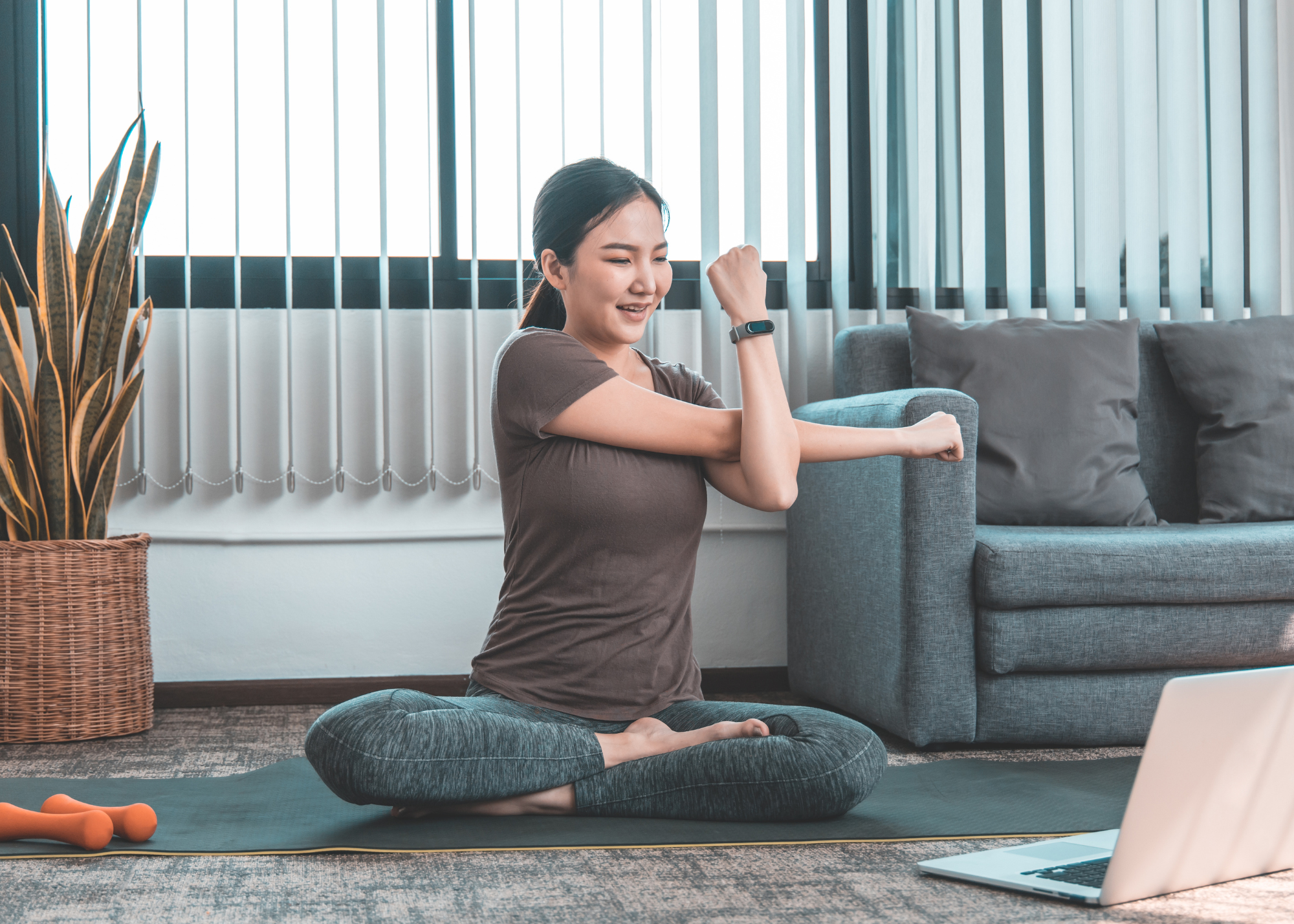Extreme Exhaustion
Understanding Rheumatoid Arthritis & Fatigue
Do you suffer from fatigue? If so, you’re not alone. More than 80 per cent of people with inflammatory arthritis report severe levels of fatigue. Of course, this is of little comfort when you can’t get out of bed in the morning to go to work, take care of young children or complete daily tasks.
A healthy person will never understand the level of tiredness that comes with a chronic disease like rheumatoid arthritis. Taking a shower, drinking coffee or getting a good night’s sleep do not improve arthritis fatigue. In fact, you’ve probably realized that even a simple task like showering can be exhausting at times.
You may also feel as if everything is out of focus – like you’re awake, but not fully present. Fatigue affects all areas of the body. It’s a similar sensation to coming down with the flu.
To make matters worse, there are many causes of fatigue for people living with rheumatoid arthritis.
What’s Behind the Exhaustion?

As inflammation increases, levels of fatigue rise. Loss of muscle mass can also be a contributing factor. Many people with rheumatoid arthritis have other illnesses – like anemia, hypothyroidism and cardiovascular disease – which can impact energy levels. Medications used to treat rheumatoid arthritis, like methotrexate, are also notorious for causing fatigue.
People often say they can tolerate the pain, but not the fatigue. If you experience severe exhaustion, especially after starting a new medication, make sure to tell your rheumatologist. A medication might control your inflammation and pain, but side effects like fatigue can be extremely debilitating and interfere with your ability to live life.
Don’t Accept Fatigue as Your New Norm

Physicians often feel like there isn’t much they can do to help individuals experiencing fatigue. For this reason, they will often avoid the subject entirely. Do not be afraid to voice your concerns. Any fatigue that stops you from doing the things you want to do, is too much fatigue. Work with your medical team to troubleshoot and find solutions. It may be as simple as switching drugs within the same class.
People living with inflammatory arthritis around the globe have voiced concerns about fatigue for a long time. However, pharmaceutical companies and physicians have only recently started to pay attention. Arthritis Research Canada’s Research Scientist and Psychologist, Dr. Susan Bartlett, is part of a group that is working with the Food and Drug Administration (FDA) to ensure fatigue, as a side effect, is considered when developing and testing new rheumatoid arthritis drugs.
However, it’s not all about medications. Lifestyle plays an important role in managing fatigue.
Here are some tips to help you take control of your energy levels:

Stay on Top of Exercise
When you’re tired, it can be tempting to stop exercising. However, movement is essential for people living with rheumatoid arthritis. It improves health, strengthens the body and mind and reduces inflammation. Yoga, in particular, can be very beneficial. Arthritis Research Canada’s scientists have examined the benefits of both yoga and strength training. They put people on a simple, eight-week yoga program. At the end of eight weeks, they saw a 20 per cent improvement across the board. People experienced much less difficulty in all aspects of daily life. They also saw 20 per cent improvements with pain. Even nine months later, the physical and mental benefits were still evident. Our scientists have also done work with strength training. They had study participants do 12 weeks of strength training and found it improved muscle mass, fatigue, pain and overall wellbeing. Don’t know where to start? Try different types of exercise to discover what works for you.

Find Your Balance
Sometimes managing fatigue requires you to hold yourself accountable. Are you scheduling too many activities and tasks into your day? Are you prioritizing rest? Finding balance involves trial and error. Take breaks at work. Use a standing desk so you can move up and down and between postures. Schedule short walks into your day. If possible, lay down for 10-15 minutes, not to sleep but to rest your body. Don’t be afraid to say no to previously scheduled social engagements. Rest is more important when you are fatigued and/or experiencing a flare. Do you have young kids and aren’t able to take a break? Are anxiety and depression contributing to your fatigue? Do you have any friends or family who can help?

Consider Your Whole Health
First, it’s important for your disease and inflammation to be as well controlled as possible. After that, if you’re still experiencing fatigue, consider your overall lifestyle. Dehydration, poor nutrition and sleep, lots of stress, lack of physical activity, sitting too long, excess weight, and more can worsen fatigue. Even when you are fatigued, push yourself to exercise and eat healthy. Find ways to manage your stress and mental health to reduce the likelihood of flares. When people experience flares, the first thing they notice is that they are much more fatigued.























































